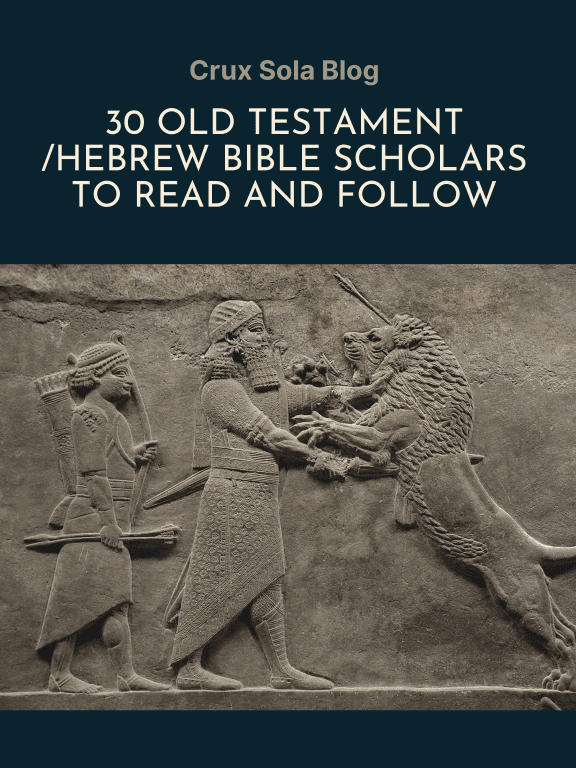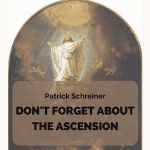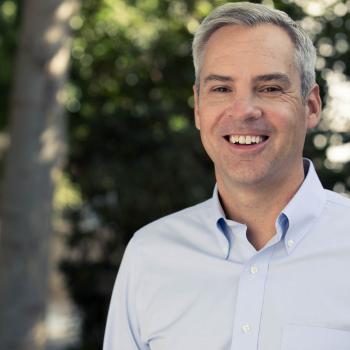I have gotten to know Dru over the last few years—he came out to Portland for a speaking engagement and we got a chance to sit down and chat over coffee. I love his interdisciplinary mindset and also his ability to communicate clearly and passionately. Enjoy!

Dru Johnson, Assoc. Professor of Biblical and Theological Studies, The King’s College / Director, Center for Hebraic Thought

Why do you love teaching and researching about the OT/HB?
The intellectual world of the HB and the literary artistry are ripe topics for exploration and undergraduate students (Christian and not) get jazzed about seeing the Scriptures in a new light. So many theological problems and deficiencies in the church (and some in the academy) come from a failure to appreciate Scripture as literature and the intellectual world created within it. As my Doktorvater says, “This is the most fun you can have with your clothes on!”
What is one “big idea” in your scholarship?
There is a rigorous and full-body philosophical style in the biblical texts that rivals anything in the Greeks, ancient Near East, or elsewhere. The sooner the church and academy recognize this indigenous philosophizing in the biblical texts, the richer and more true to life their theology (praxy and doxy) will be.
Who is one of your academic heroes and why do you admire them?
Michael Polanyi: He stood in a world of absurd Positivism where notions of knowledge were largely predicated upon how we would like things to be rather than how they actually are. He insisted (like the prophets) that we quit our philosophical fantasizing and described how scientists actually know things through deep faith networks in convivial communities. His analysis stands unchallenged to this day. I feel that much theology could take a note here.
What books were formative for you when you were a student? Why were they so important and shaping?
Michael Polanyi’s Personal Knowledge
Blew all my philosophical doors off, he taught me how scientific epistemology is actually just a special form of normal human knowing: community, intuition, observation, etc.)
Gerhardus Vos’s Biblical Theology
Taught me that it’s OK to value the biblical text’s internal intellectual world in its own right and how it actively engages other ancient intellectual domains.)
Michael Fishbane’s Biblical Interpretation in Ancient Israel
Made me feel less crazy about seeing intertextual exegesis all over the Pentateuch and beyond.
Human Rites: The Power of Rituals, Sacraments, and Habits
Biblical Philosophy: A Hebraic Approach to the Old and New Testaments (pre-order)
Learn more HERE.
Follow Johnson on Social Media
If you ran into me at SBL, and you didn’t want to talk about OT/HB studies, what would you want to talk about?
I wrote a short novel with my daughter over the COVID lockdown.
What is a research/writing project you are working on right now that you are excited about?
A Baker Academic textbook on the Pentateuch (with David Beldman) and a popular book encouraging (some) people to quit reading their Bibles everyday.















